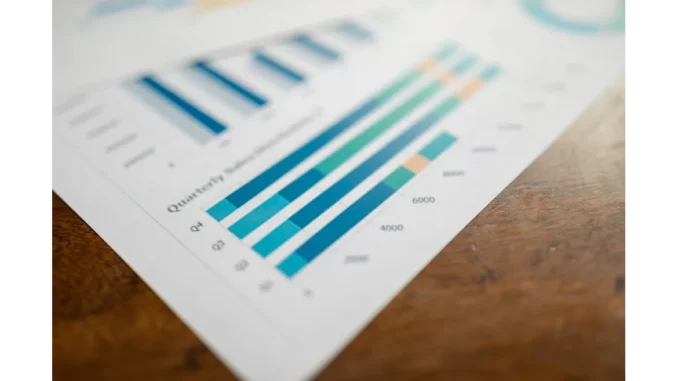
The immunoassay market, a cornerstone in the field of biomedical diagnostics, is on a remarkable growth trajectory, projected to escalate to USD 53,970 million by 2034 from USD 32,820 million in 2024. This anticipated expansion, at a compound annual growth rate of 5.1%, reflects the increasing dependency on immunoassays across a variety of applications, such as healthcare diagnostics, environmental testing, and food safety analysis. As we explore this burgeoning market, several pivotal trends and technological advancements emerge, shaping the future landscape of immunoassays and their applications.
TrueNAS by Esdebe: healthcare data storage that delivers value without sacrificing security.
Immunoassays are sophisticated biochemical tests that detect and measure the presence or concentration of macromolecules, such as proteins, hormones, and pathogens, in a solution through the use of antibodies or antigens. Their versatility and precision make them indispensable in both clinical and research environments. The ability to detect and quantify disease-related biomarkers makes immunoassays critical for disease diagnosis, therapeutic drug monitoring, and the detection of biological markers. As such, they are invaluable tools in the ongoing quest for better healthcare solutions, playing a crucial role in timely and accurate diagnostics.
The market’s robust growth is driven by several key factors. The rising incidence of chronic and infectious diseases like cancer, diabetes, and COVID-19 has amplified the demand for precise diagnostic tools. Immunoassays meet this demand by offering the accuracy required for early disease detection and monitoring. Additionally, technological advancements have significantly improved assay platforms. Innovations such as chemiluminescent immunoassays and point-of-care systems have enhanced the sensitivity and specificity of these tests, thereby catering to the growing need for rapid and reliable diagnostics. Furthermore, as healthcare expenditure rises globally, alongside an ageing population, the demand for advanced diagnostic tools like immunoassays continues to increase, given their non-invasive and cost-effective nature for routine health assessments and disease management.
Technological innovations, particularly the integration of artificial intelligence (AI), are revolutionising the immunoassay market. AI enhances the design, data interpretation, and operational efficiency of assays. By employing AI-driven algorithms, large datasets can be analysed swiftly to identify patterns, minimise errors, and expedite diagnostic results. This integration is particularly advantageous in high-throughput settings where real-time monitoring is essential. AI also contributes to predictive analytics, enabling clinicians to make more informed decisions. The convergence of AI with immunoassay technology not only boosts diagnostic precision but also reduces costs, thereby making these technologies more accessible to a broader range of healthcare providers.
Looking towards the future, several trends and opportunities are set to sustain the market’s growth. Multiplex assays, which allow for the simultaneous detection of multiple analytes, are poised to become increasingly prevalent. These assays improve efficiency and reduce diagnostic timeframes. The continued adoption of automation and AI in data analysis is expected to streamline laboratory workflows and enhance accuracy by reducing human error and increasing throughput, which is crucial to meet the escalating demand for diagnostics. Furthermore, the expansion of immunoassay applications into emerging fields such as liquid biopsy and companion diagnostics presents new opportunities. These applications offer non-invasive options for disease monitoring and assessing treatment efficacy, promising significant advancements in personalised medicine.
Despite these promising developments, the immunoassay market faces notable challenges. Regulatory hurdles pose significant barriers, as stringent requirements can delay product launches and inflate compliance costs. Moreover, there is a pressing need for skilled professionals to manage and interpret immunoassay tests. This demand for expertise is particularly challenging in regions with limited access to trained personnel, potentially hindering market expansion in these areas.
In summary, the immunoassay market is poised for substantial growth, underpinned by technological innovations and a burgeoning demand for precise diagnostic tools. As the market continues to evolve, the integration of AI and automation, along with the emergence of novel applications, will play a central role in shaping its future. Nonetheless, addressing regulatory challenges and the shortage of skilled professionals remains imperative to sustain this growth and facilitate the widespread adoption of immunoassay technologies. As we look towards 2034, the immunoassay market is set to play an increasingly vital role in advancing healthcare diagnostics, ultimately leading to improved patient outcomes across the globe.


Be the first to comment